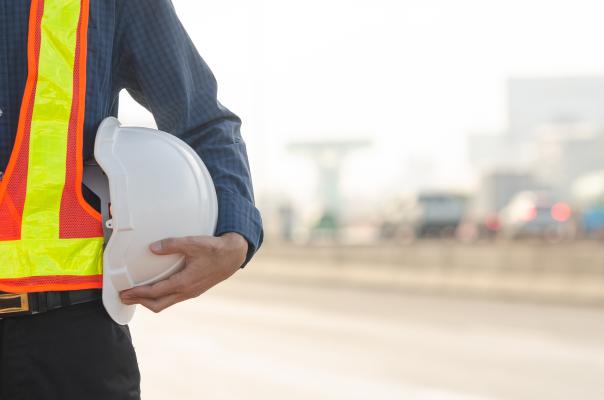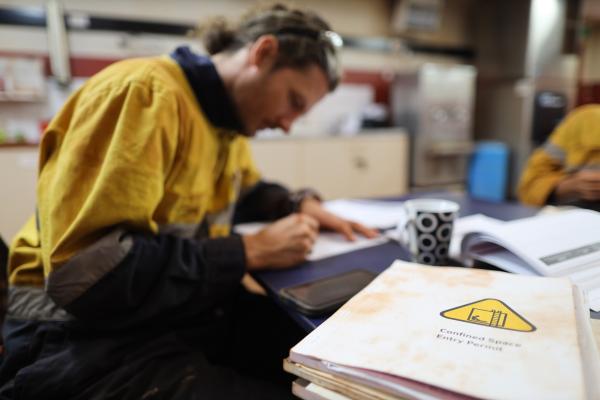A lot of systems in the space industry are dangerous, so work, health and safety officers play an important role in protecting people as well as projects.


The Rundown
What do work, health and safety officers do?
Work, health and safety officers ensure compliance with health and safety systems, conduct risk assessments and advise managers and employees.
Health and safety officers make sure that standards are in place to ensure the safety of everyone in the workplace. They work in all kinds of environments, including offices, manufacturing plants, testing facilities and more.
A lot of systems in the space industry are inherently dangerous. This is due to the nature of rocket propulsion, chemistry, heavy engineering and manufacturing. In addition, many research projects are very new and experimental. This means that safety protocols sometimes haven't been tested, published and written into procedures or legislation.
What you’ll need to know and do
In the space industry, health and safety officers need to adapt processes and systems from other fields. They must analyse and assess workplace risks in a wide variety of environments. They are responsible for proposing and testing procedures to prevent or mitigate accidents and other risk factors. They are also responsible for constantly improving working conditions.
Your study pathway
Undergraduate and postgraduate qualifications in the following study areas may be relevant to becoming a work, health and safety officer:
- occupational health and safety
- workplace health and safety
- health, safety and environment
- human factors and safety management systems.
Postgraduate qualifications by coursework or research may also be relevant. Visit individual university websites for more information.
